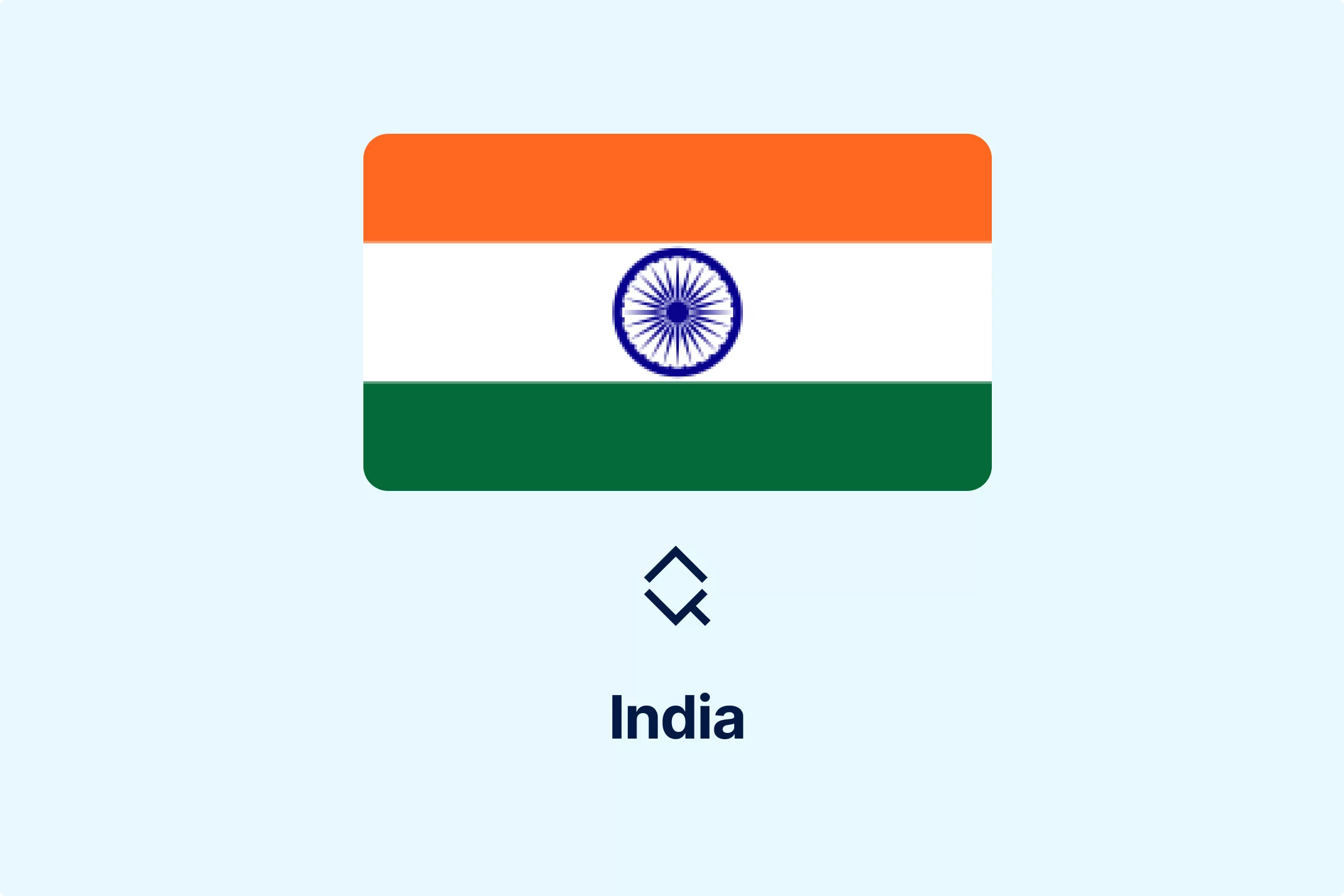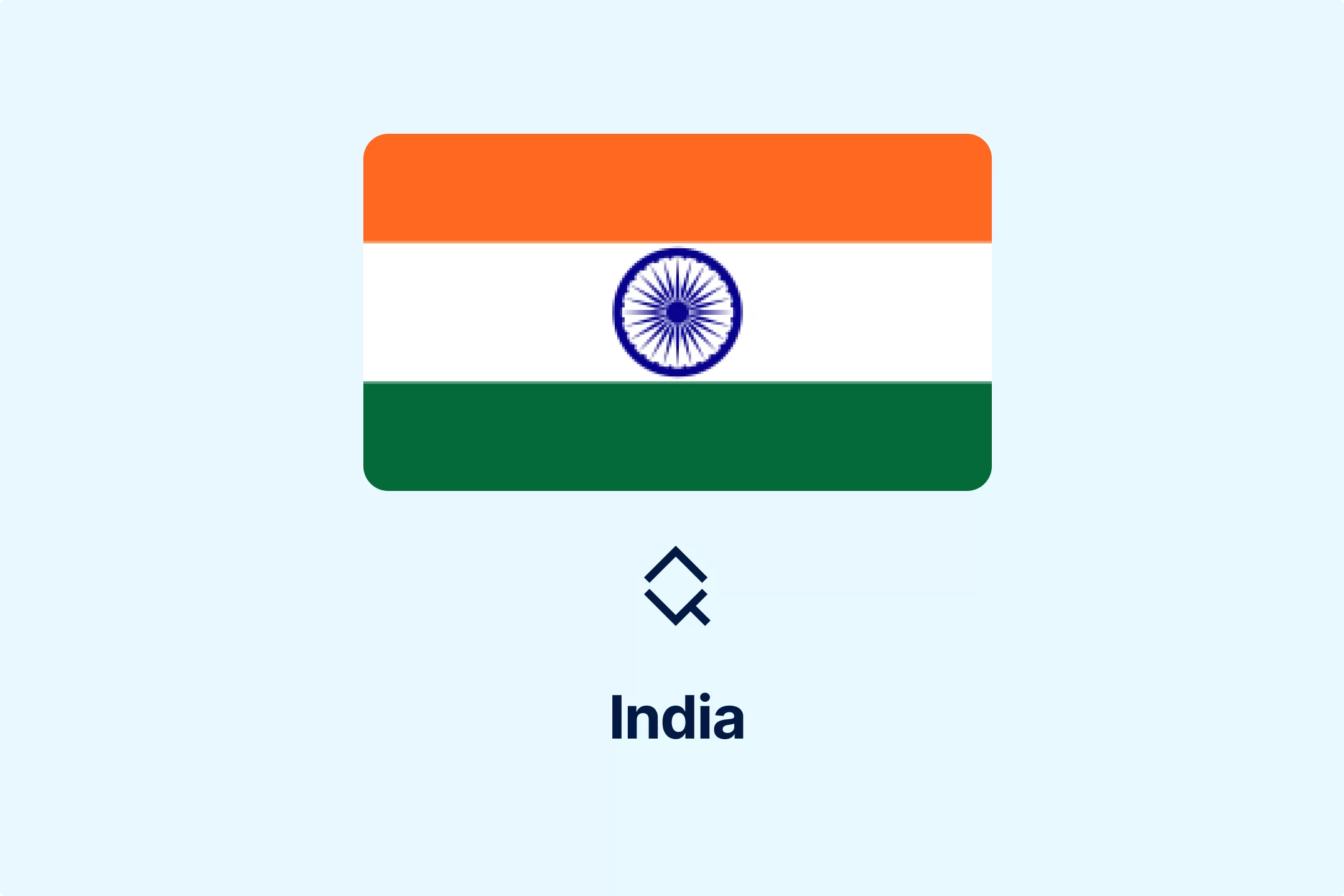GST Council Approves Two-Rate Model for India in 2025

India - Next-generation GST Reforms Approved by the GST Council
In August, the Indian Prime Minister Shri Narendra Modi presented a next-generation GST reform, aiming to boost economic growth and create a more efficient, citizen-friendly system. Following this announcement, the GST Council held a meeting at the beginning of September, during which its members approved reforms that include rationalizing the GST rate, modifying GST exemptions, and adjusting applicable GST rates for specific sectors.
Key Next-generation GST Reform Measures
The GST Council approved a rationalization of GST rates and a shift from a complex four-tier system to a simpler two-rate model. In practice, this means that there will no longer be four GST applicable rates, but only two, a standard 18% and a merit rate of 5%, with only a few select goods facing a 40% demerit rate.
The primary focus of the proposed and adopted reform measures was on affordability and easing the burden for ordinary people, farmers, SMEs, and labour-intensive industries. Therefore, GST was removed entirely on life and health insurance policies, making coverage more affordable and accessible. Additionally, essential household items, such as soaps, shampoos, and kitchenware, will be subject to a 5% GST instead of the previously applicable 12% or 18%.
Basic food products, such as milk, paneer, and Indian breads, will be exempt from tax. Meanwhile, packaged foods like noodles, sauces, chocolates, and butter will be taxed at 5%. Services that improve daily life, such as gyms, salons, and yoga centres, will also experience relief by decreasing the applicable GST rate from 18% to 5%.
The reform also aims to improve dispute resolution and strengthen taxpayer rights. As part of the effort to reach this goal, it has been decided that the GST Appellate Tribunal will start accepting appeals by September 2025 and begin hearings by December this year.
Conclusion
The new GST rates will come into effect on September 22, 2025. Meanwhile, other measures, such as a simplified GST registration scheme for small and low-risk businesses, will take effect on November 1, 2025. This scheme will enable registration within three working days for those who are eligible. Considering the scale of the reform, the Indian government estimated that the cuts would result in a revenue loss of INR 480 billion (approximately USD 5.5 billion).
Besides the state budget, many private companies, such as those selling apparel and clothing accessories, including Zara and Marks and Spencer, as well as those selling fizzy drinks like Pepsi or Coca-Cola, could feel the adverse effects of the GST rate changes. On the other hand, companies such as Nestle, Toyota, LG, and Sony will benefit from rate cuts and rationalization, as well as insurance companies operating in the country.
Source: Ministry of Finance Press Release, Reuters, VATabout

Featured Insights

Burkina Faso FEC E-Invoicing Mandatory July 2026
🕝 February 24, 2026More News from India
Get real-time updates and developments from around the world, keeping you informed and prepared.
-e9lcpxl5nq.webp)










